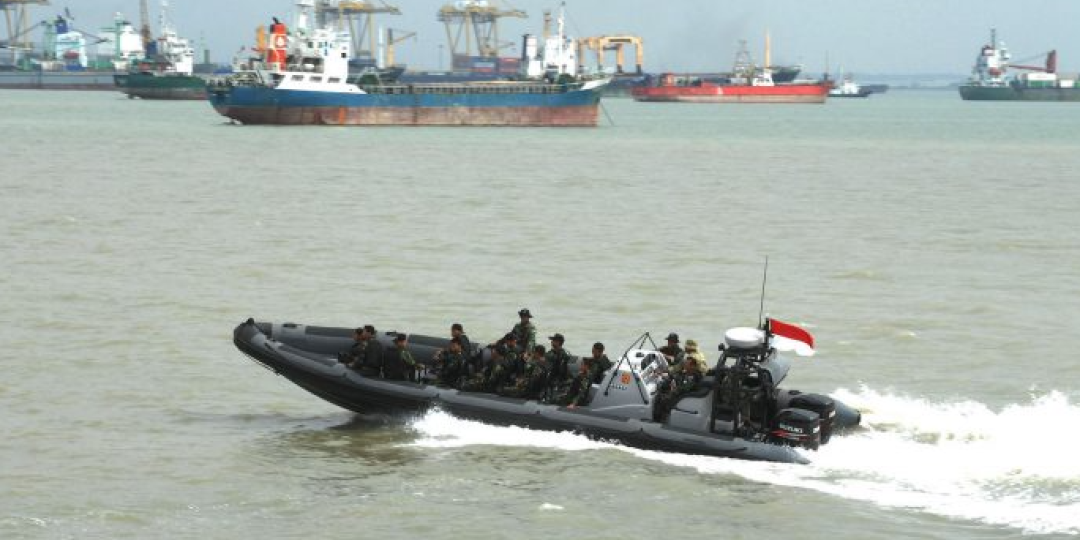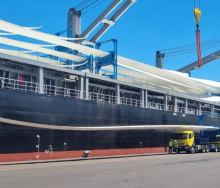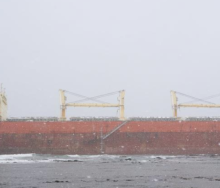With piracy at sea in the Gulf of Guinea apparently under control for now, the emphasis of illegal vessel interference incidents has shifted to the Singapore Strait, where nine successful boarding incidents have been recorded in the first seven weeks of 2022.
Altogether, 10 such incidents have been reported by the Regional Cooperation Agreement on Combating Piracy and Armed Robbery against Ships in Asia (ReCAAP).
Four of the incidents happened within 10 days of each other from February 8.
Three of these incidents happened on consecutive days, with the first occurring on February 16.
For the most part assailants struck in the vicinity of Nongsa Point on the Indonesian island of Batam, before vessels exit the Strait towards the South China Sea.
What sets these attacks apart from what has been seen on the North West coast of Africa, is the relative low-level security nature of the incidents, ReCAAP says.
Compared to the brutal infractions of heavily armed assailants operating along the coast of Nigeria, Singapore Strait pirates don’t hurt or threaten crew - and more often than not manage to breach deck security almost unseen.
In incidents further east of Batam, near the island of Bintan, assailants were only armed with knives.
The incidents are regarded as petty thievery in comparison to the piracy that turned the Gulf of Guinea into a no-go-zone at one stage, and the assailants are mostly targeting locker storage on vessels passing through the Strait.
No ship is spared though, whether it’s a tanker, tug, carrier or any vessel serving the marine industry.
In one incident, a bulker called the Theodor Oldendorff was breached by a solitary thief who relieved it of scrap metal and spare vessel parts.
In many instances, crew themselves chase assailants away.
ReCAAP’s appeals that more be done to fight such incidents in the Singapore Strait come at a time when piracy is on a steep decline – at levels last seen 28 years ago.
However, the Strait seems to be keeping pirates in business, with the International Maritime Bureau reporting a 50% increase in this body of water, mostly of vessels voyaging east.
Last year 35 ships were illegally boarded as they crossed between the Malacca Strait and the South China Sea.













